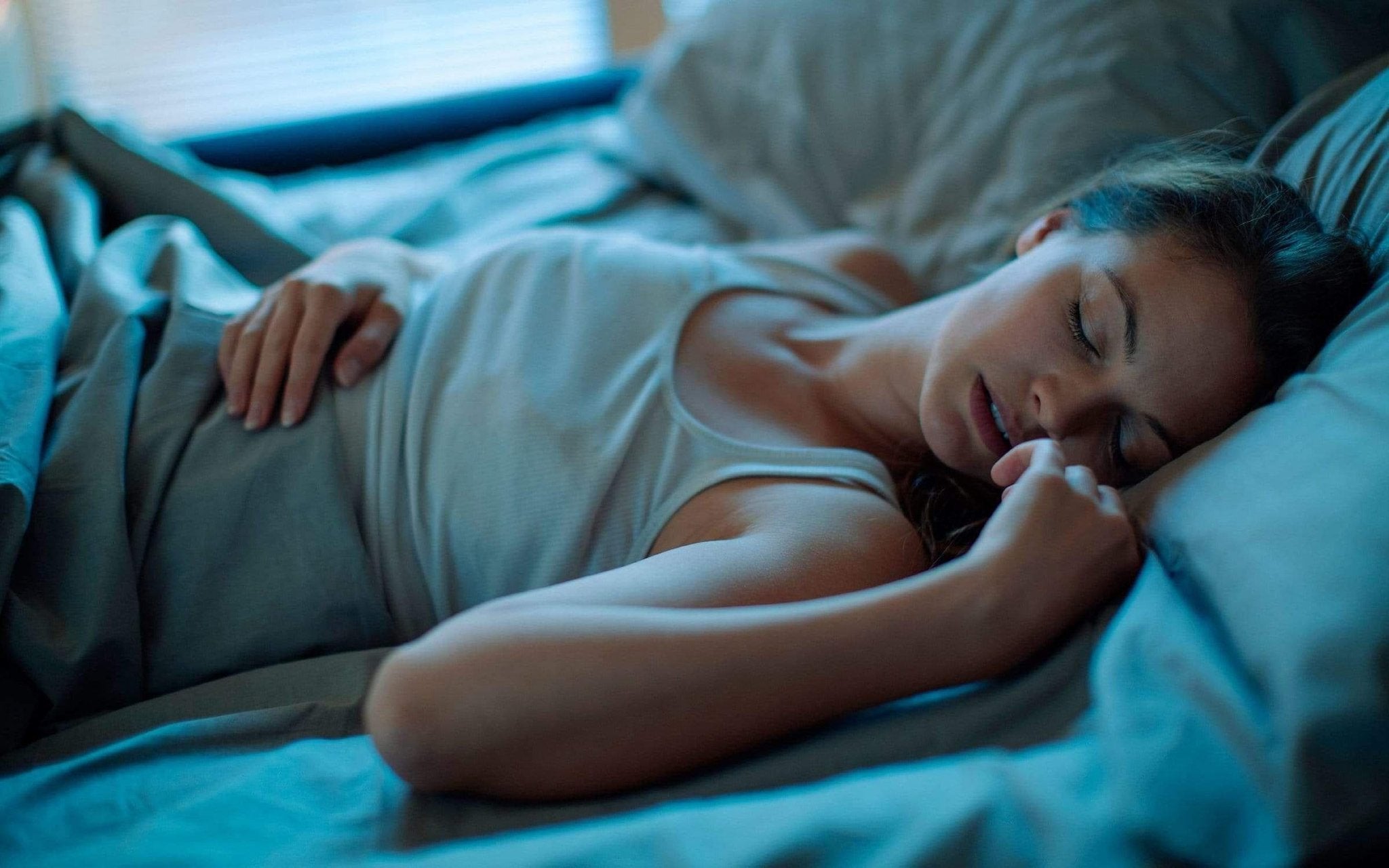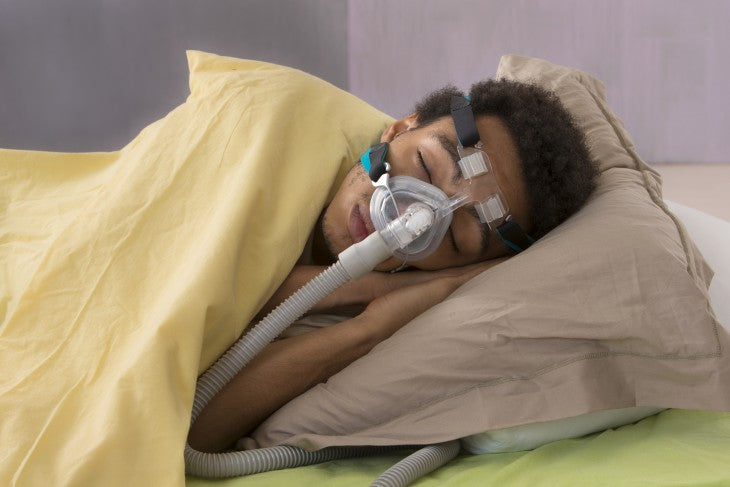News
Four Myths about Sleep Apnea
wp:paragraph Sleep apnea, as you may know, is a condition that causes a pause in your breathing for approximately 10-30 seconds while you sleep and can happen up to several times in a night. There are many myths and misinformation around sleep apnea given how complex the condition can be. Here are four myths you may or may not have heard about sleep apnea. /wp:paragraph wp:paragraph 1. Only older adults get sleep apnea. /wp:paragraph wp:paragraph This is not true. While most cases of sleep apnea occur in middle-aged adults, you can develop sleep apnea at any age. It can even occur in children! That said, the risk of developing sleep apnea does increase as you get older, however the condition is not at all based solely on age. /wp:paragraph wp:paragraph 2. Sleep apnea is the same thing as snoring. /wp:paragraph wp:paragraph Not necessarily. Snoring is very common in adults, however it is actually different from sleep apnea. Snoring is certainly a common symptom that leads to a sleep apnea diagnosis, however you can still snore at night and not have sleep apnea. /wp:paragraph wp:paragraph 3. Only people who are overweight can develop sleep apnea /wp:paragraph wp:paragraph While the risk of developing sleep apnea does increase if you are overweight, this is not necessarily true. Loosing weight and adapting a healthier lifestyle can certainly lessen the severity of your sleep apnea symptoms, but this is not a cure. It is important to speak with your doctor if you think you have sleep apnea and they can conduct the proper testing and discuss treatment options to help you sleep better. /wp:paragraph wp:paragraph 4. Sleep apnea will go away on it’s own /wp:paragraph wp:paragraph False! Sleep apnea is a serious condition that needs medical attention. If left untreated, this can cause a number of health issues including stroke, diabetes, heart disease and mental illnesses such as depression. Depending on the severity of your sleep apnea, your doctor may recommend some lifestyle changes if you have a mild case. More severe cases of sleep apnea may require you to wear a CPAP mask at night in order to treat it (more information about CPAP masks and accessories can be found at papsmart.com). /wp:paragraph
about Four Myths about Sleep Apnea
